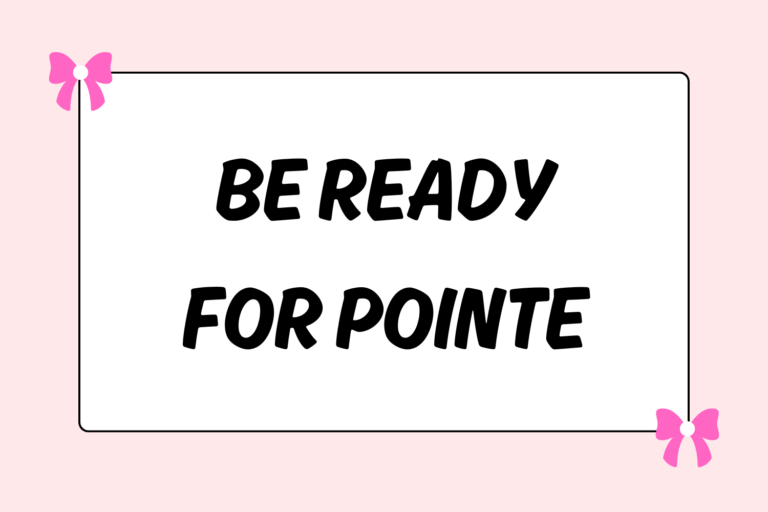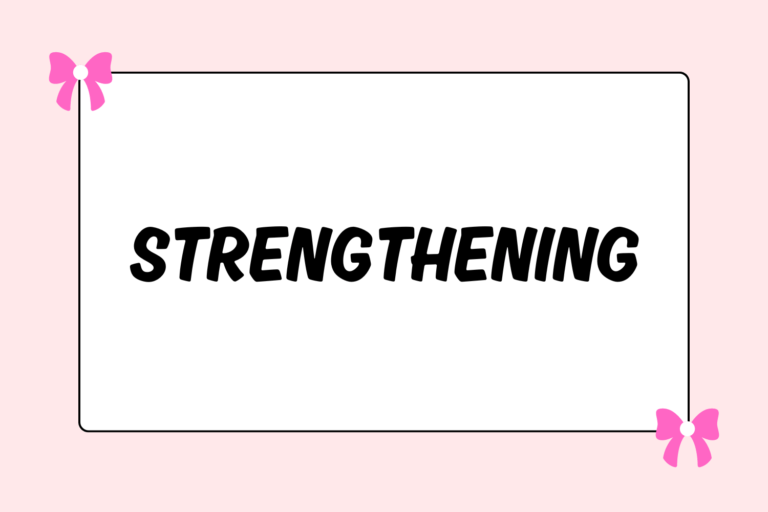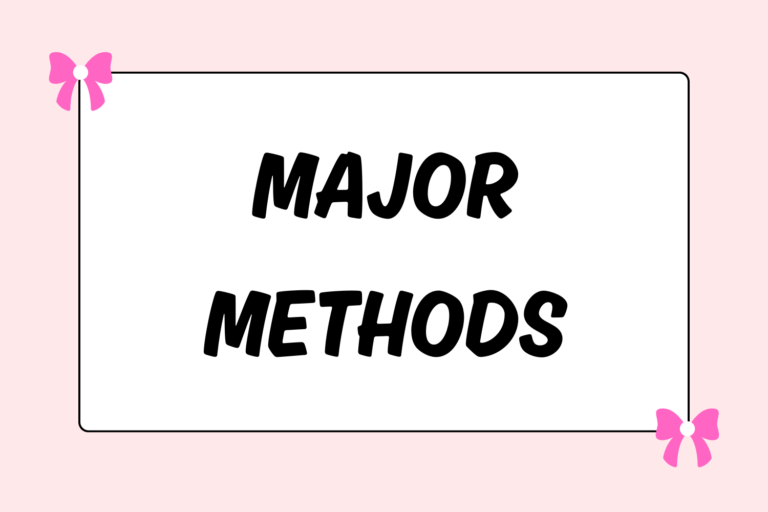Whenever a casting list goes up, chaos inevitably follows. But the next time you feel your heart sink into your stomach as you see your name next to another corps role, don’t follow your gut reaction right away. Instead, check out these simple tips to learn the do’s and don’ts of talking to your teacher or director. It could mean the difference for you between a snowflake and the Snow Queen.
Do Talk it Out
The only thing worse than having to talk with your teacher is not talking with your teacher. You may hear others tell you to put your feelings aside, bottle them up, not complain, and act like a good role model of a dancer; but this advice won’t help your dancing or your career. If you approach a teacher or director the right way, you’ll end up not only forging a better relationship, but you’ll also get rid of bottled-up feelings that can get in the way of your dancing.
Mental Edge: Breathe!
Don’t freak out and build up anxiety about meeting with your teacher or director. Remember that every teacher was a dancer once too, and probably knows just what you’re going through! There’s no need to be intimidated or nervous; a one-on-one talk with a teacher should be a positive experience, not a negative one!
Don’t Demand
When you get around to setting up a time to talk privately with your teacher, make sure that you don’t react in an overly-emotional way. Demanding a meeting angrily and stomping your feet won’t get you the response you want. Plus, it will make you look immature and unprepared to handle the duties of being a lead dancer, which include being a role model to younger students.
As you first approach your teacher or director, do so in a calm, polite, and inquisitive way. Go to your teacher after class and say something pleasant and diplomatic that will make your point without offending anyone. For example: “Hello Madame, I was just wondering when would be a good time to talk to you about some things I had on my mind in ballet. When do you think we can meet?”
This comes across a lot better than: “I cannot believe you cast her in that role and not me! We have to talk right now, or I’m leaving.”
Do Ask How You Can Improve
If you didn’t get the role you wanted, don’t tell the director it was a bad decision or that you’re a better dancer. These statements come across as arrogant and rude. Instead, ask what you can do to improve your dancing, and ask what qualities the lead dancer possesses that you can work on emulating. This can be a wonderful opportunity to get one-on-one advice from your teacher.
Ask your director for specific things you can work on; it can be a technical or artistic aspect, or even an issue about classroom etiquette and attendance. Make sure to ask for ways to improve, such as exercises or private lessons. This tells your teacher that you’re genuinely interested in improving, not just in getting a better role.
Don’t Put Others Down
Never trash another dancer who got a role you thought you deserved. This is a serious faux pas that tells your teacher you lack the basic etiquette and humility required of a lead dancer. Instead, use the opportunity to ask what the other dancer does well. This isn’t so you can contradict the decision; it’s an opportunity for you to find out what makes the other dancer more suited for that role, and how you can emulate it.
For example, if your teacher explains that another dancer has better extensions, and those are required for the role, ask what makes hers look so pretty and how you can get yours to look more like it. If it’s about stage presence, ask what would make you able to have more of it, and what qualities that role requires. This will help you to better understand what you need to do to get the parts you want.
Do Show You Listen
After you talk with your teacher, make sure to show in every subsequent class that you heard your teacher’s words and are taking them to heart. What makes a great student is not the ability to do quadruple pirouettes, but the ability to take corrections and apply them quickly and seriously. By demonstrating hard work and consistent improvement in class and rehearsal, you send a message to your teacher that you’re listening and ready to work as hard as you can — a great indicator of your abilities.
Hot Tip: Write-up
You should always keep a dance journal to take note of your corrections, feelings, and progress. Bring this with you to your meeting and write down everything your teacher says. This will help you remember what you need to work on, and also show your teacher the dedication you have to ballet.
Do Make the Most of Your Role
Even if you didn’t get the role you wanted in the show, be glad to have a role, and make the most of it. You may think that no one cares about the snowflake in the last row, but director will notice your performance, and the hard work you put into your role will show both on stage and in rehearsals. Directors are ambivalent to promote a dancer who resents being in the corps. But if you shine and embrace your role, you’ll demonstrate a good attitude and the ability to work hard in any position, which will get you noticed.
Do Love Dance!
It’s not easy to miss out on a part you wanted to dance, but don’t let it take away from the joy of ballet. Keep dancing and working hard, and you’ll be sure to land the part of your dreams in no time!





